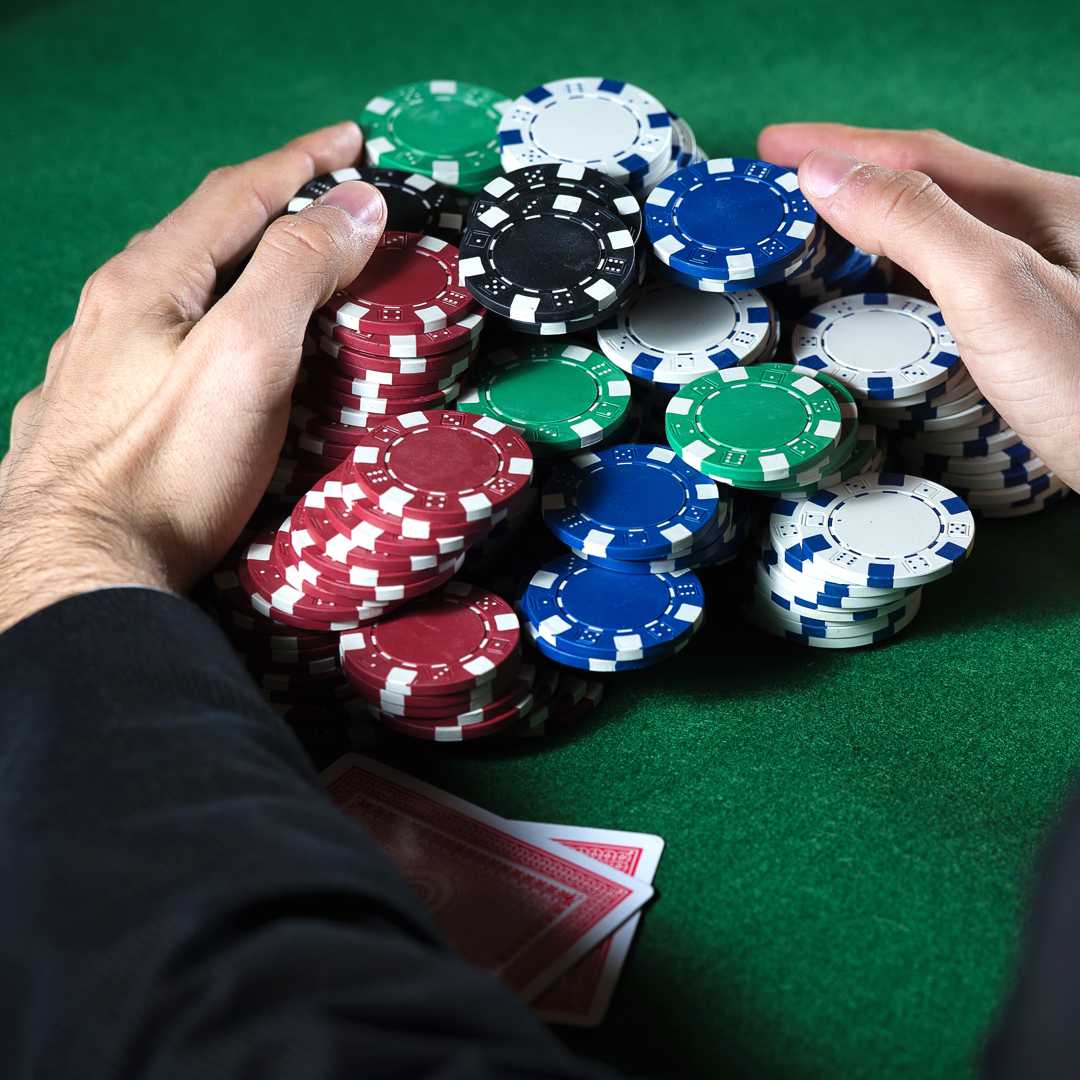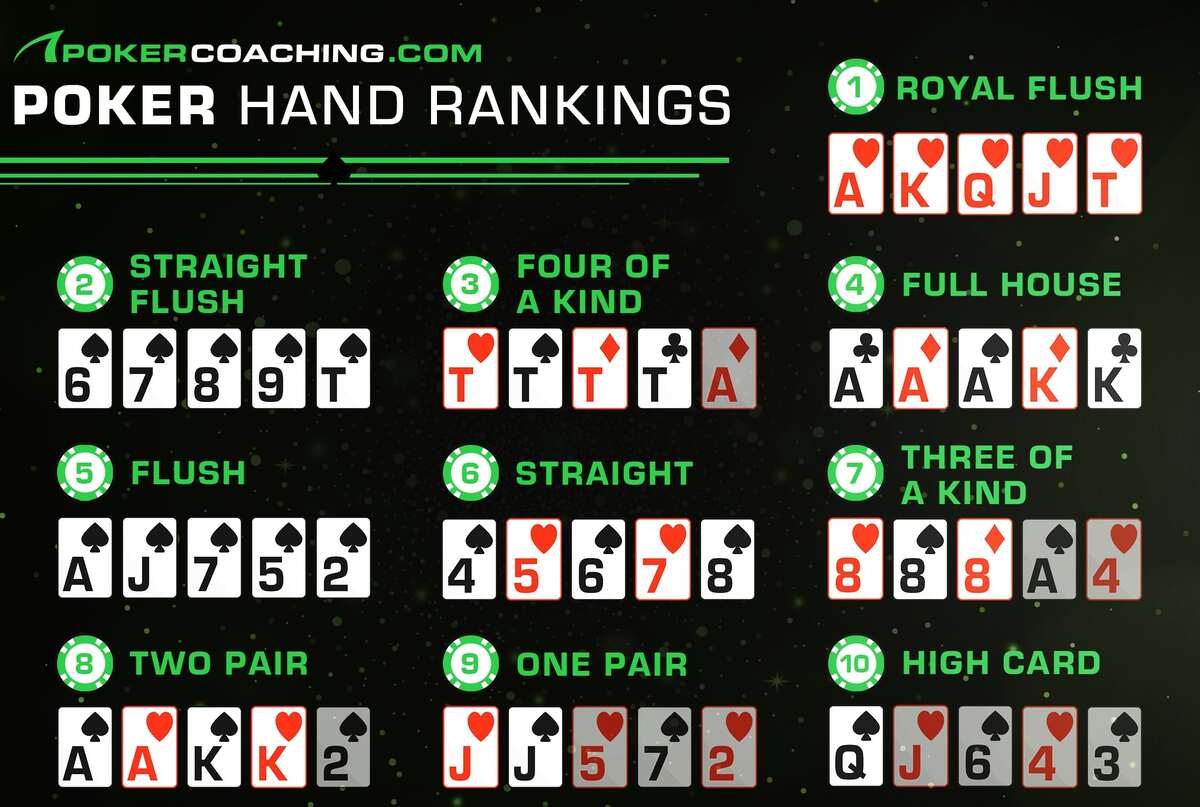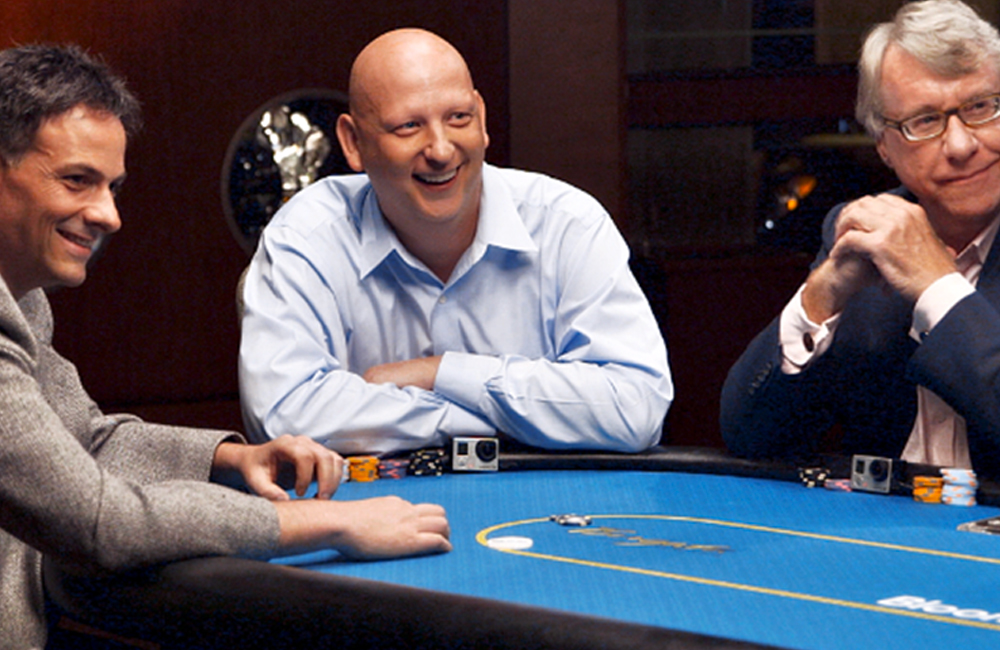What Makes A Good Poker Player

The world of poker, often romanticized in film and literature, extends far beyond luck and intuition. While chance undeniably plays a role in any individual hand, consistent success at the poker table demands a complex blend of skills, discipline, and psychological fortitude.
At its core, becoming a profitable poker player requires a deep understanding of probability, game theory, and human behavior. But what specific attributes separate the consistent winners from the casual players? This article delves into the multifaceted qualities that define a good poker player, exploring the skills, mindset, and strategies crucial for navigating the competitive landscape of the game.
Mastering the Fundamentals: Skills and Knowledge
A solid foundation in poker fundamentals is non-negotiable. This begins with understanding hand rankings and the probabilities associated with making specific hands.
Players need to internalize the odds of hitting flushes, straights, or full houses, and be able to quickly calculate pot odds – the ratio of the amount of money in the pot to the cost of calling a bet.
Beyond basic probability, a good player understands game theory optimal (GTO) strategies. While GTO isn’t always perfectly applicable in live games due to the incomplete information, it provides a baseline for making mathematically sound decisions and avoiding exploitable tendencies.
Strategic Thinking and Adaptability
Poker is a dynamic game where conditions are constantly changing. A good poker player must be adaptable, capable of adjusting their strategy based on the opponents they are facing, the stakes of the game, and the flow of the cards.
This involves profiling opponents, identifying their tendencies (e.g., aggressive, passive, tight, loose), and exploiting their weaknesses.
They can shift gears, sometimes playing aggressively and other times conservatively, depending on the situation. Being predictable is a death knell in poker; adaptability is key to survival.
The Mental Game: Discipline and Emotional Control
Many aspiring poker players underestimate the importance of the mental game. Poker can be emotionally taxing, with swings of fortune that can test even the most seasoned professionals.
Tilt, the emotional state of frustration or anger that leads to poor decision-making, is a common pitfall. Good players possess the discipline to manage their emotions, avoid tilt, and stick to their pre-determined strategy, regardless of short-term results.
Bankroll management is another critical aspect of the mental game. Playing within one's financial means and avoiding reckless bets that could wipe out their bankroll is crucial for long-term success.
Reading People: Observing and Interpreting
In live poker, the ability to read opponents is a significant advantage. This involves observing their physical tells (e.g., nervous habits, changes in breathing), betting patterns, and verbal cues.
Experienced players can often discern whether an opponent is bluffing, holding a strong hand, or simply unsure, based on subtle changes in their behavior.
However, it is important to remember that tells are not always reliable and can be misleading. Good players use them as one piece of information among many, rather than relying on them exclusively.
Continuous Learning: Evolving with the Game
The world of poker is constantly evolving, with new strategies and techniques emerging all the time. Successful players are committed to continuous learning and improvement.
They study poker books, watch training videos, analyze their own hands, and discuss strategy with other players.
Staying up-to-date on the latest trends and adapting to the changing landscape of the game is essential for remaining competitive. Daniel Negreanu, for example, is known for his dedication to learning and adapting, and has publicly discussed how he regularly studies new strategies.
Ethics and Integrity: Playing Fair
While some might see poker as a game of deception, good players uphold a high standard of ethics and integrity.
This means playing fairly, avoiding collusion with other players, and respecting the rules of the game. A reputation for honesty and fair play is essential for building trust and maintaining credibility in the poker community.
Cheating or engaging in unethical behavior may provide short-term gains, but it ultimately damages one's reputation and can lead to severe consequences, including being banned from casinos and online poker sites.
The Bottom Line: A Holistic Approach
In conclusion, being a successful poker player involves more than just knowing the rules of the game. It requires a holistic approach that encompasses strategic thinking, emotional control, adaptability, continuous learning, and a commitment to ethical behavior.
While luck can certainly play a role in individual hands, consistent success is ultimately determined by skill, discipline, and the ability to make sound decisions under pressure. Mastering these qualities is the key to unlocking the potential to thrive in the challenging yet rewarding world of poker.


















